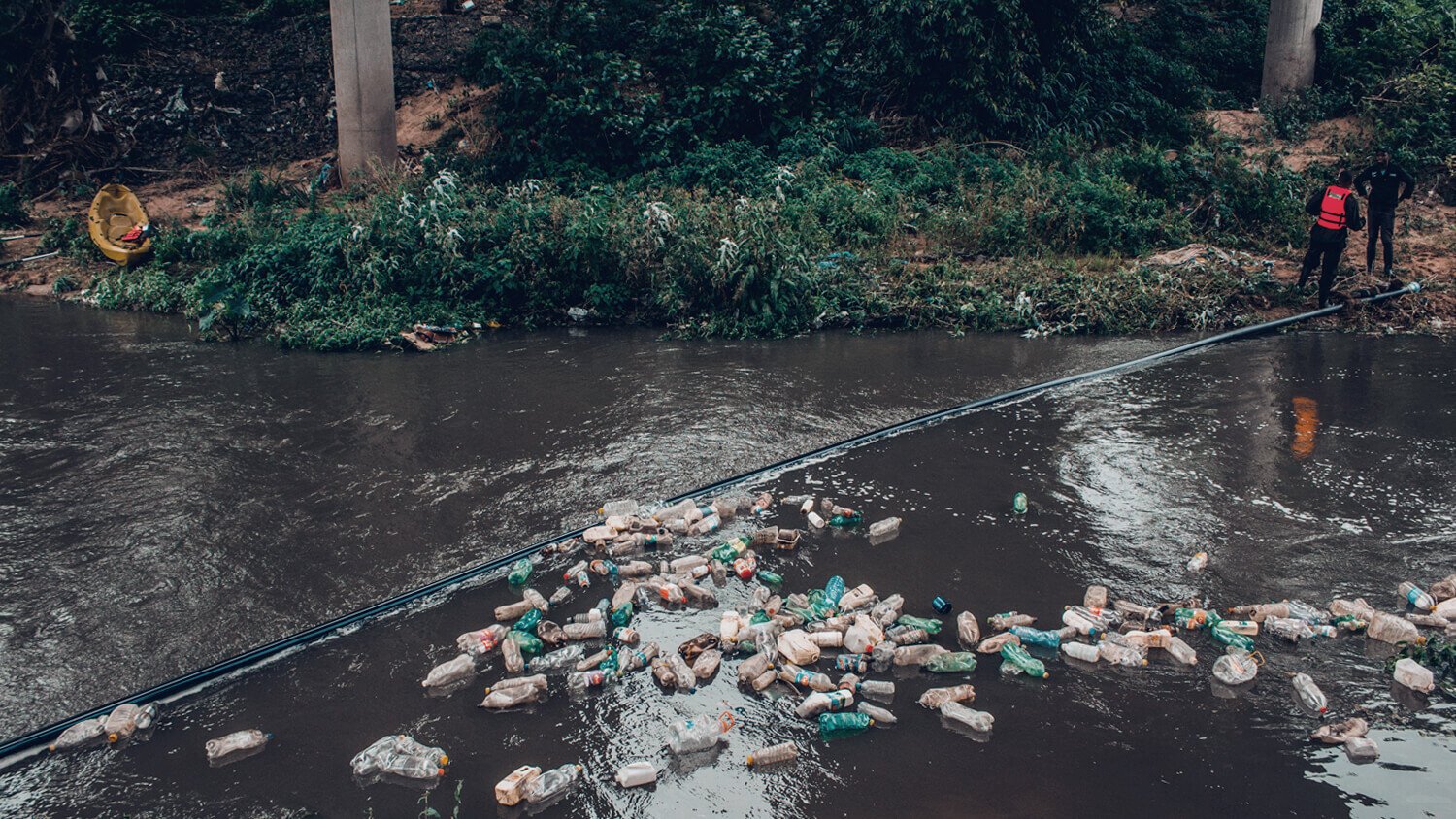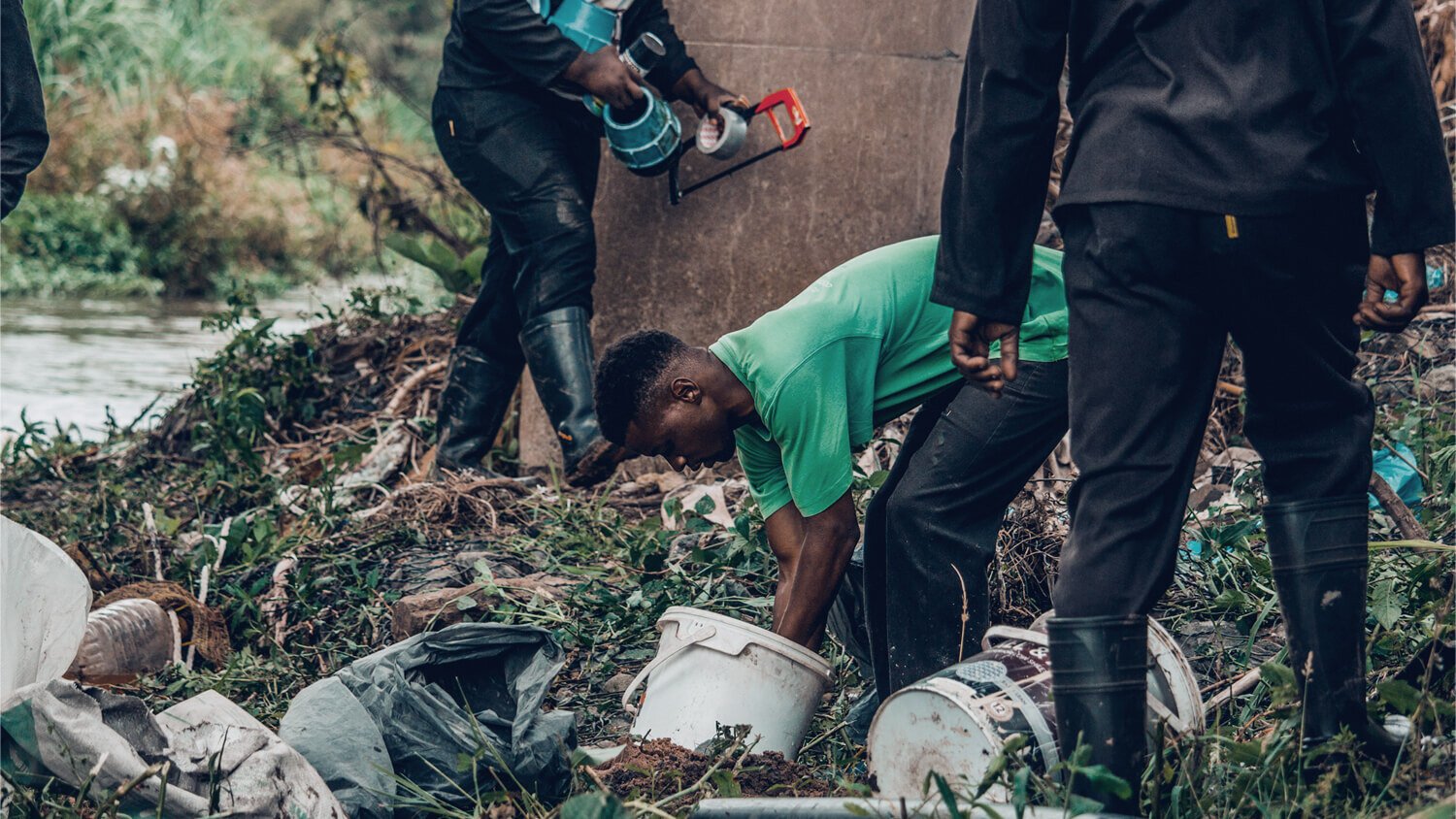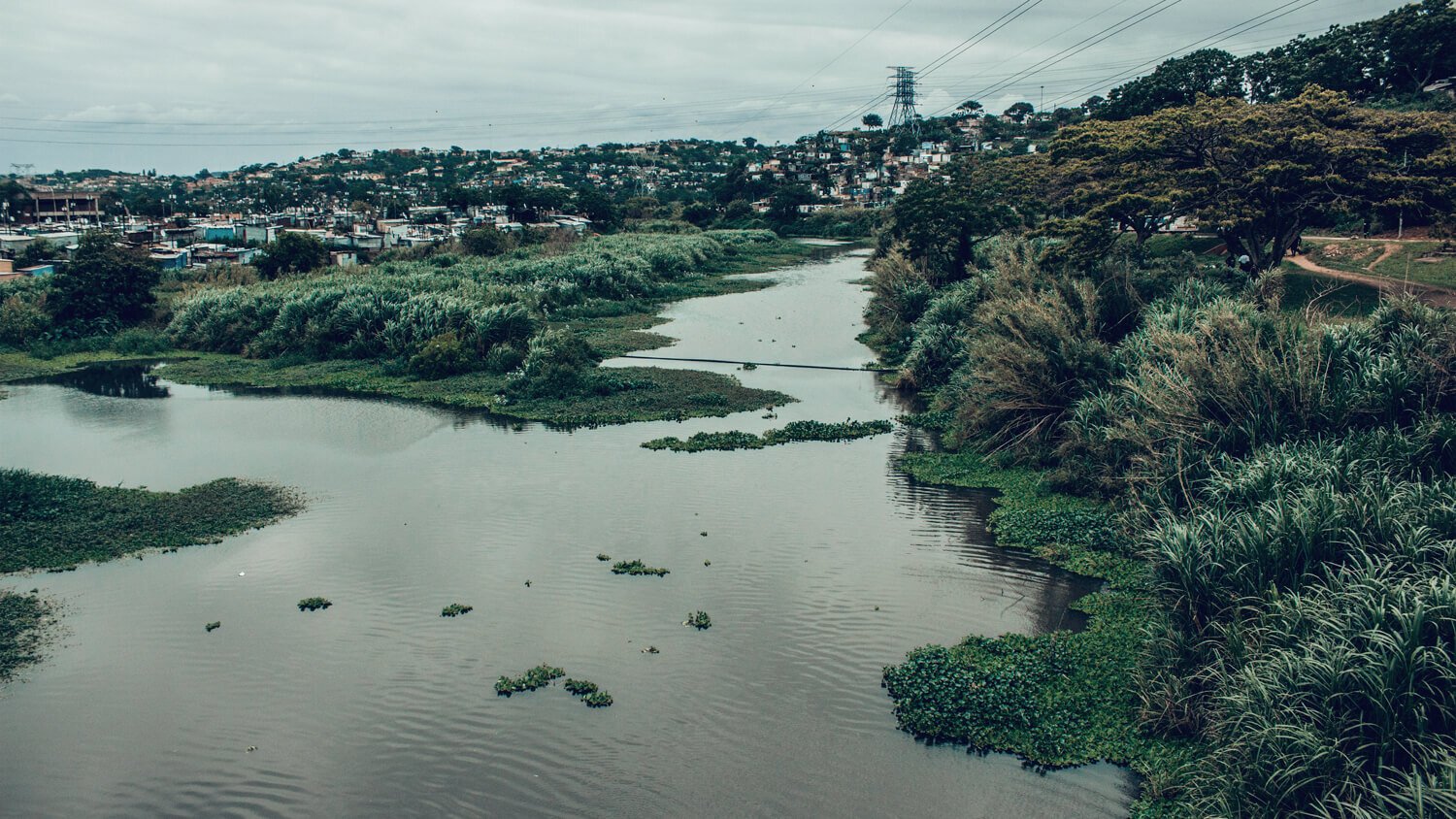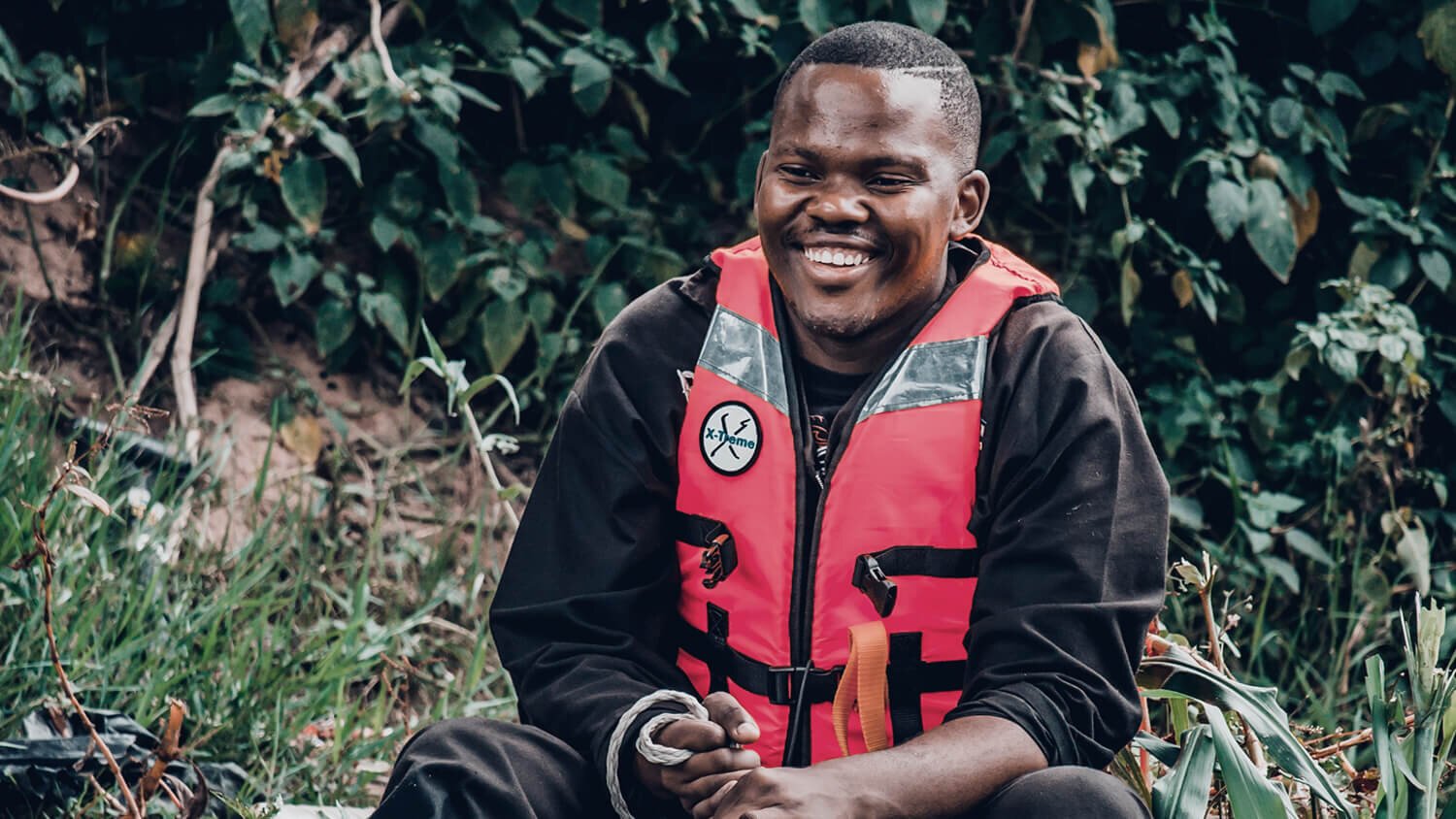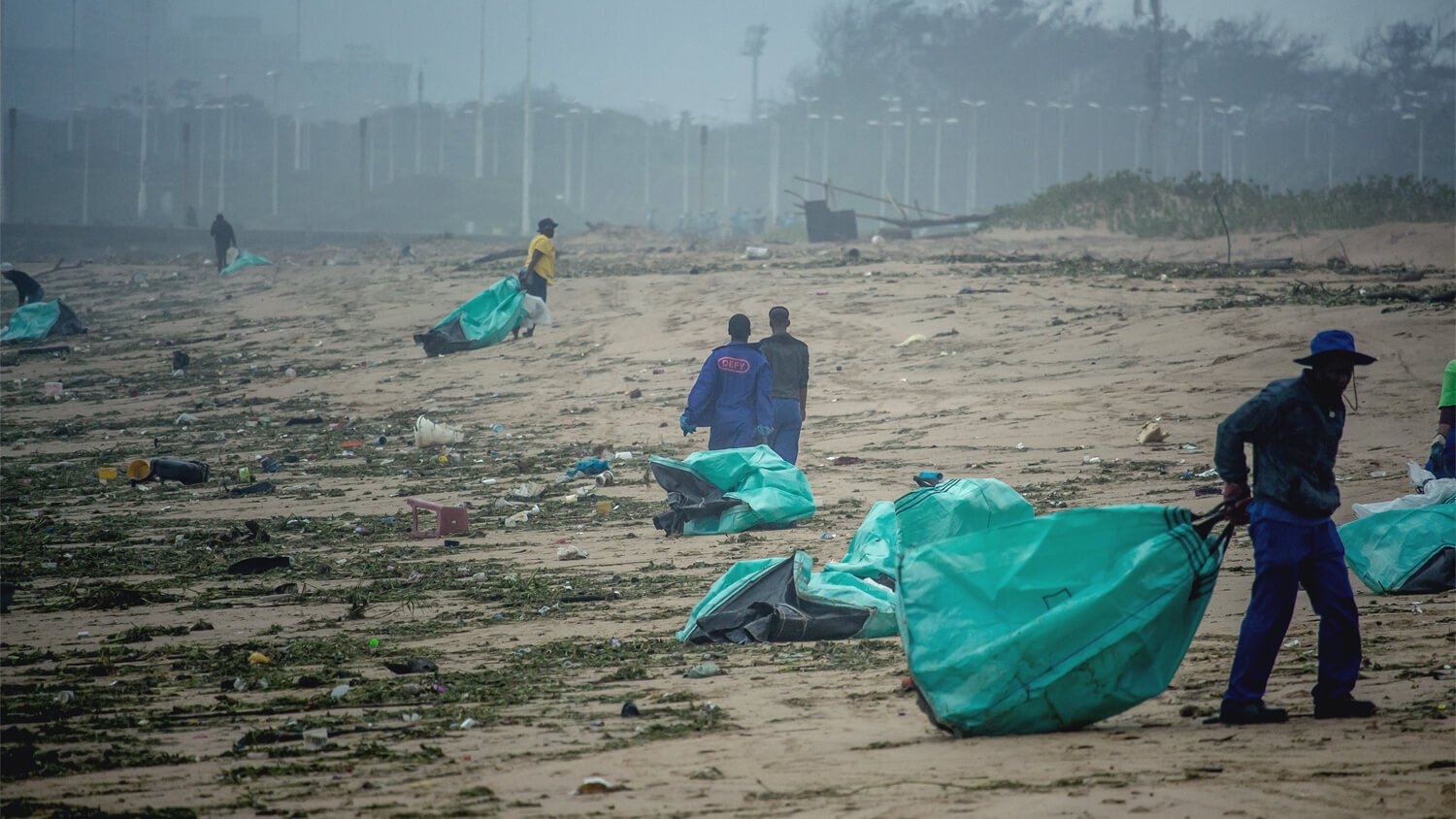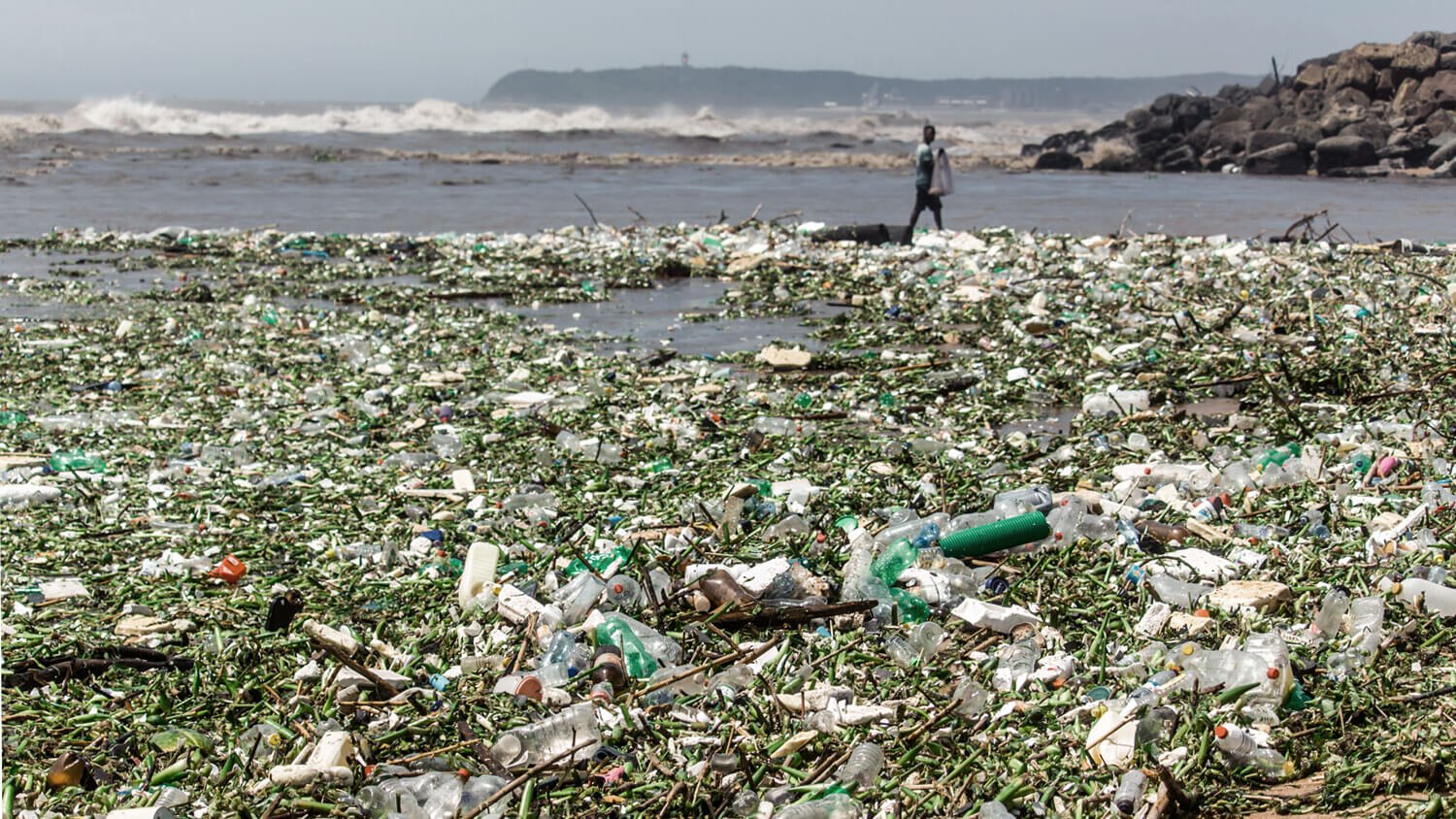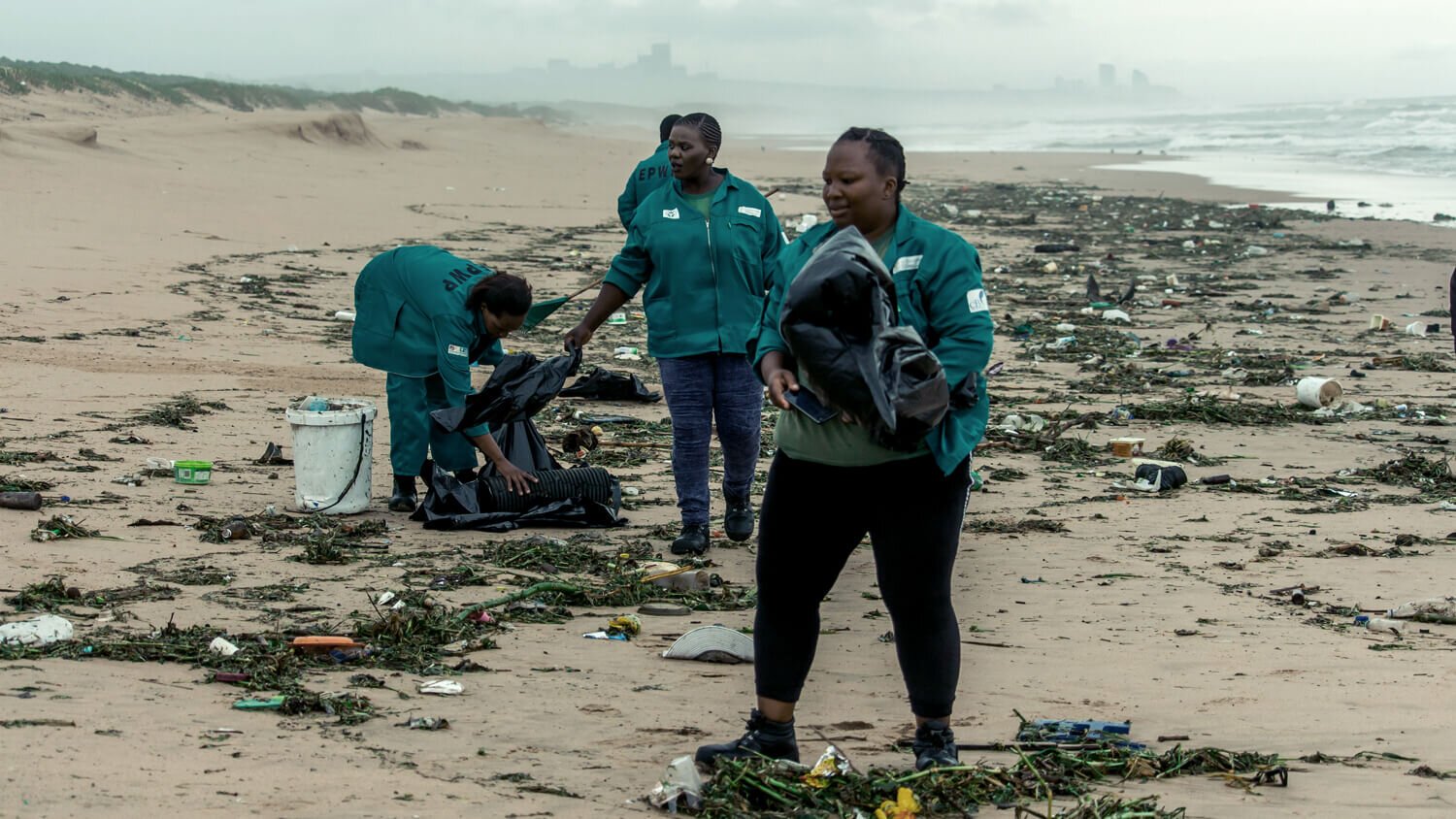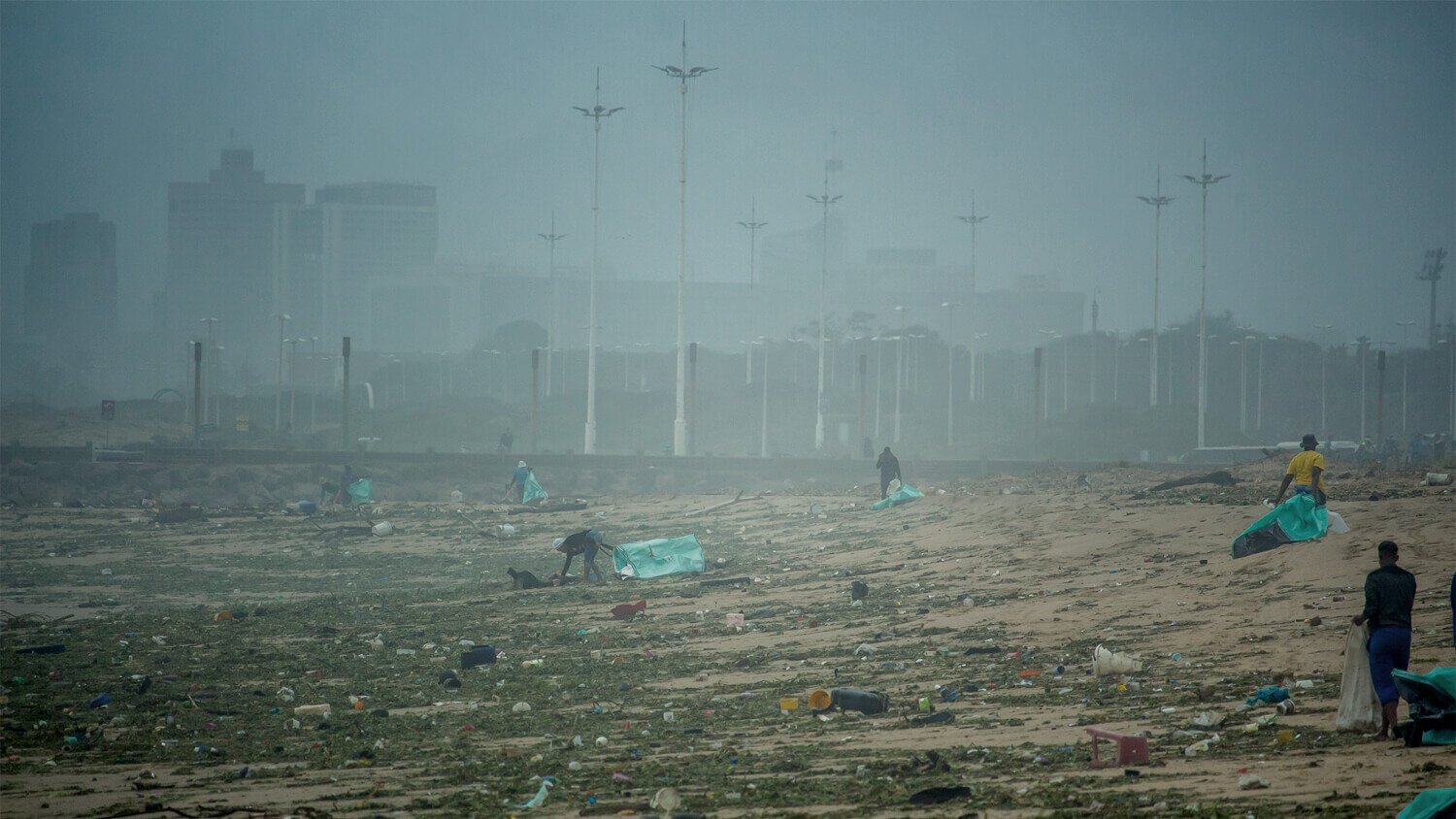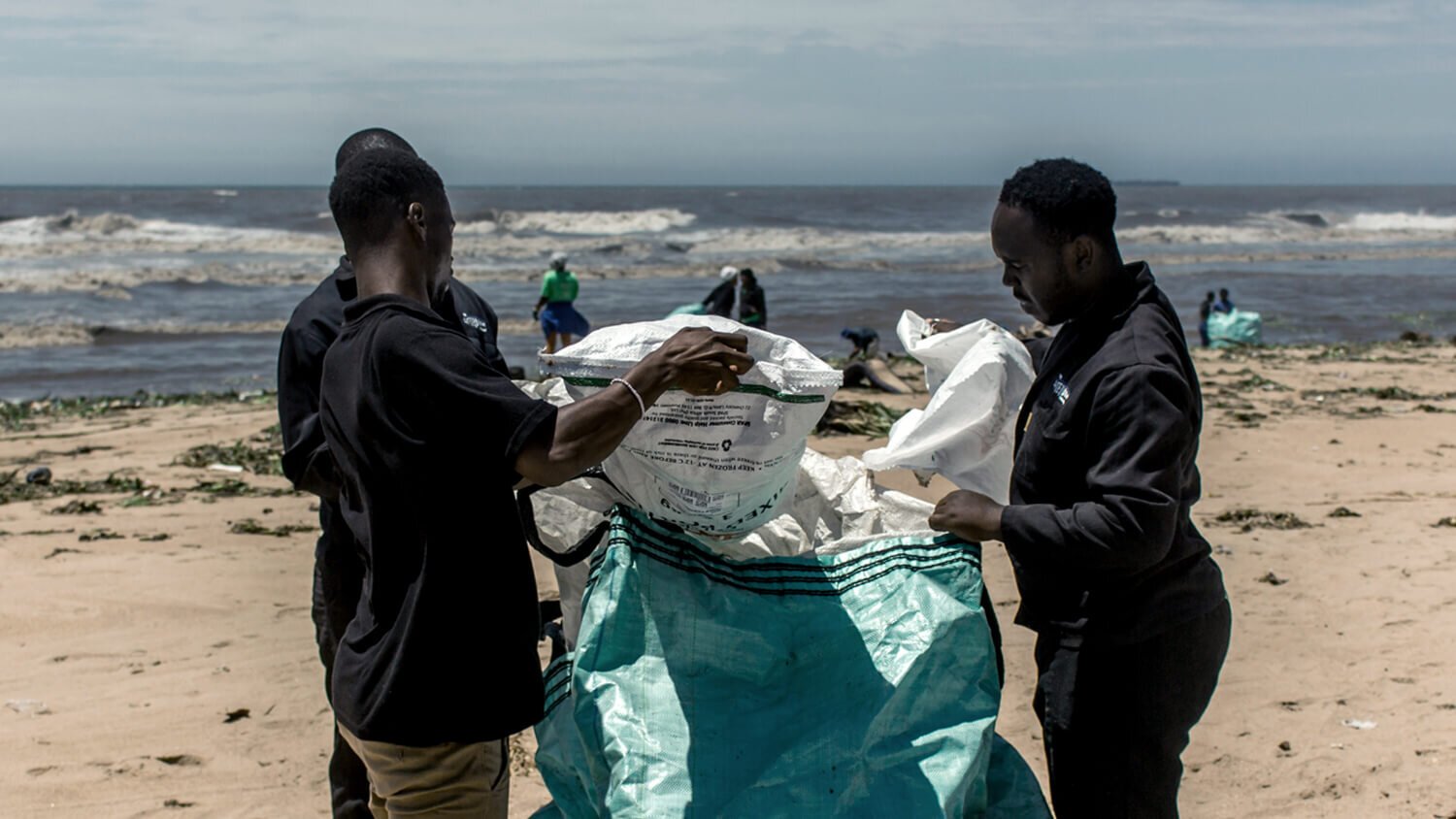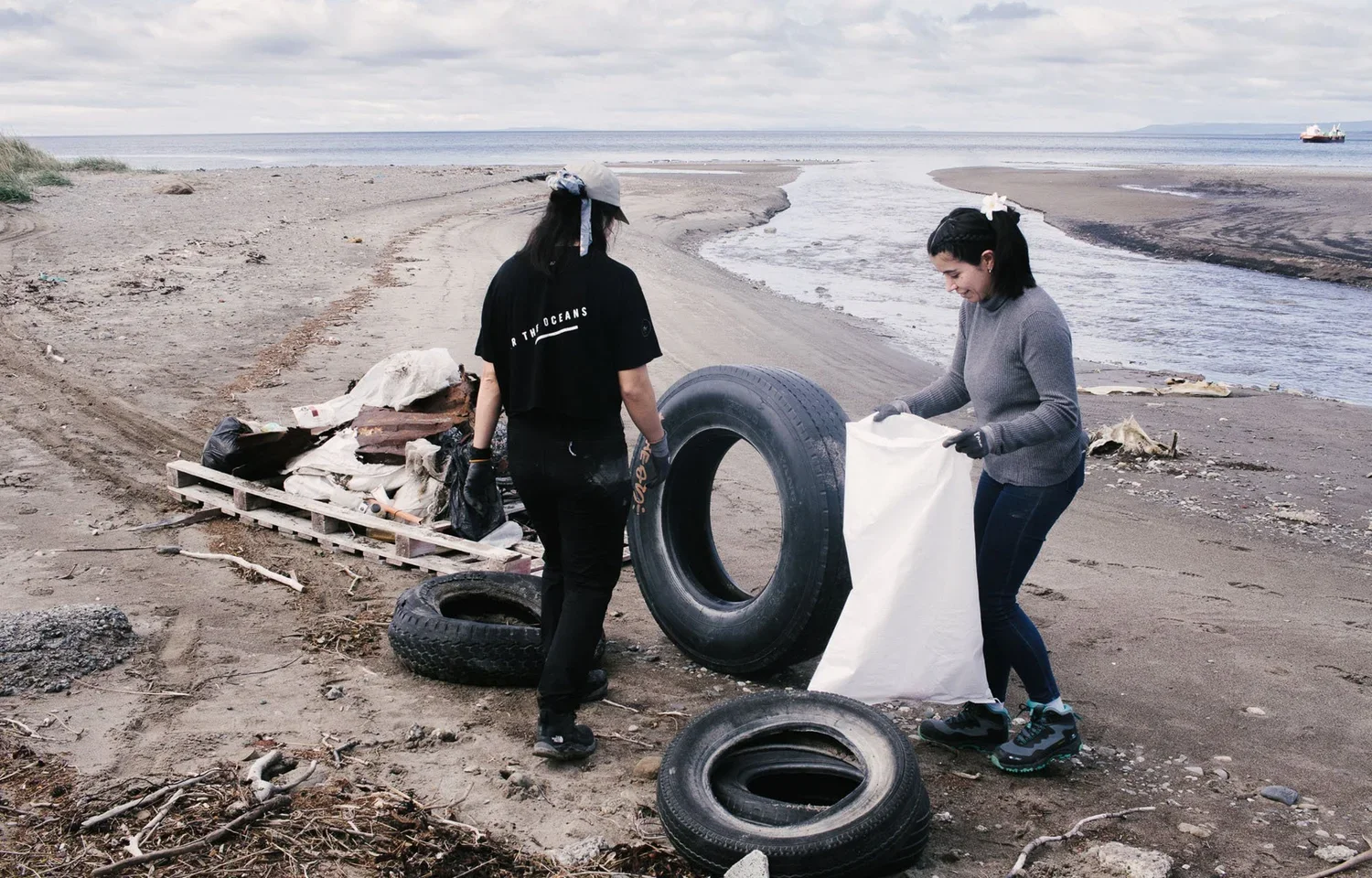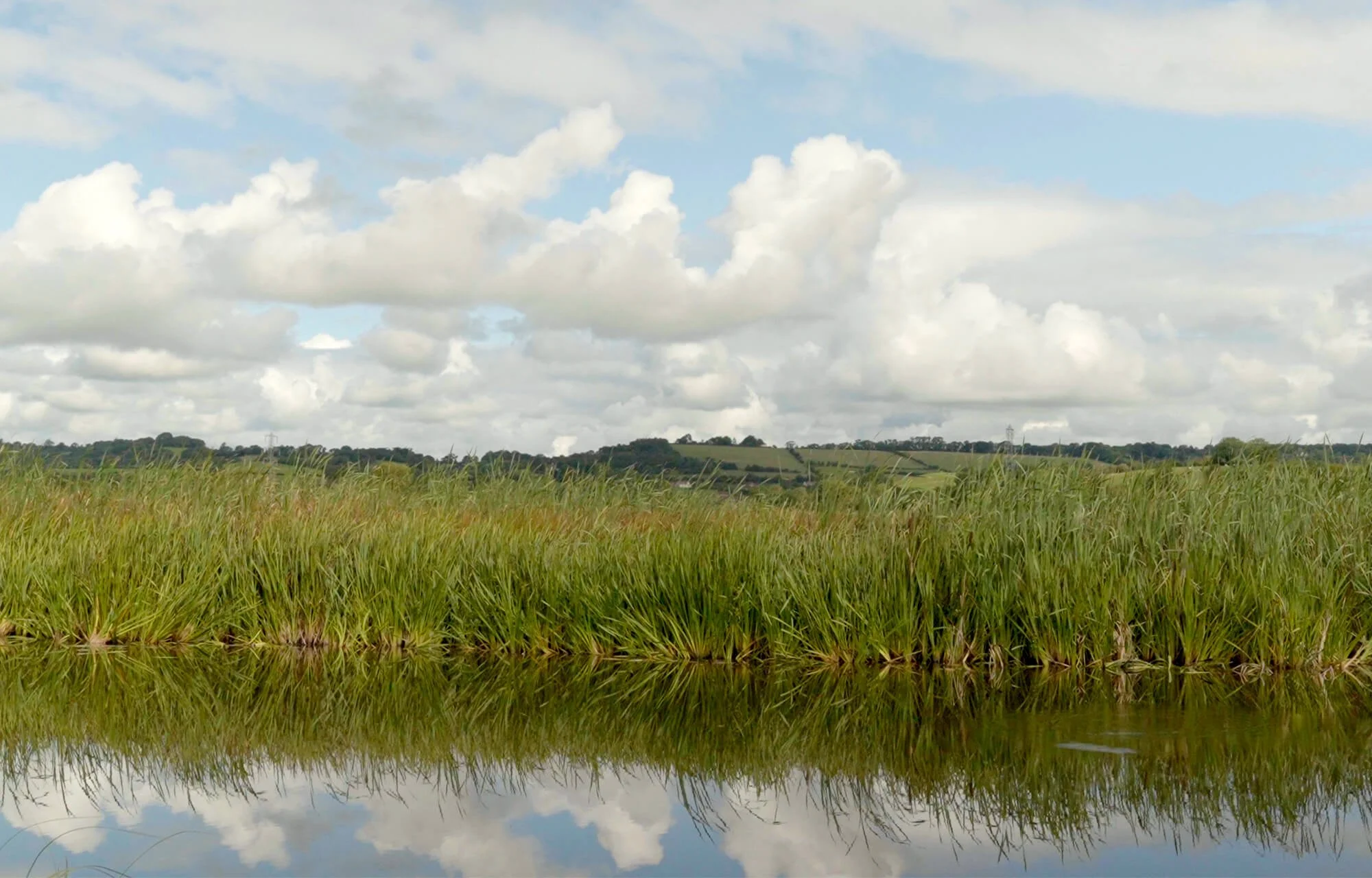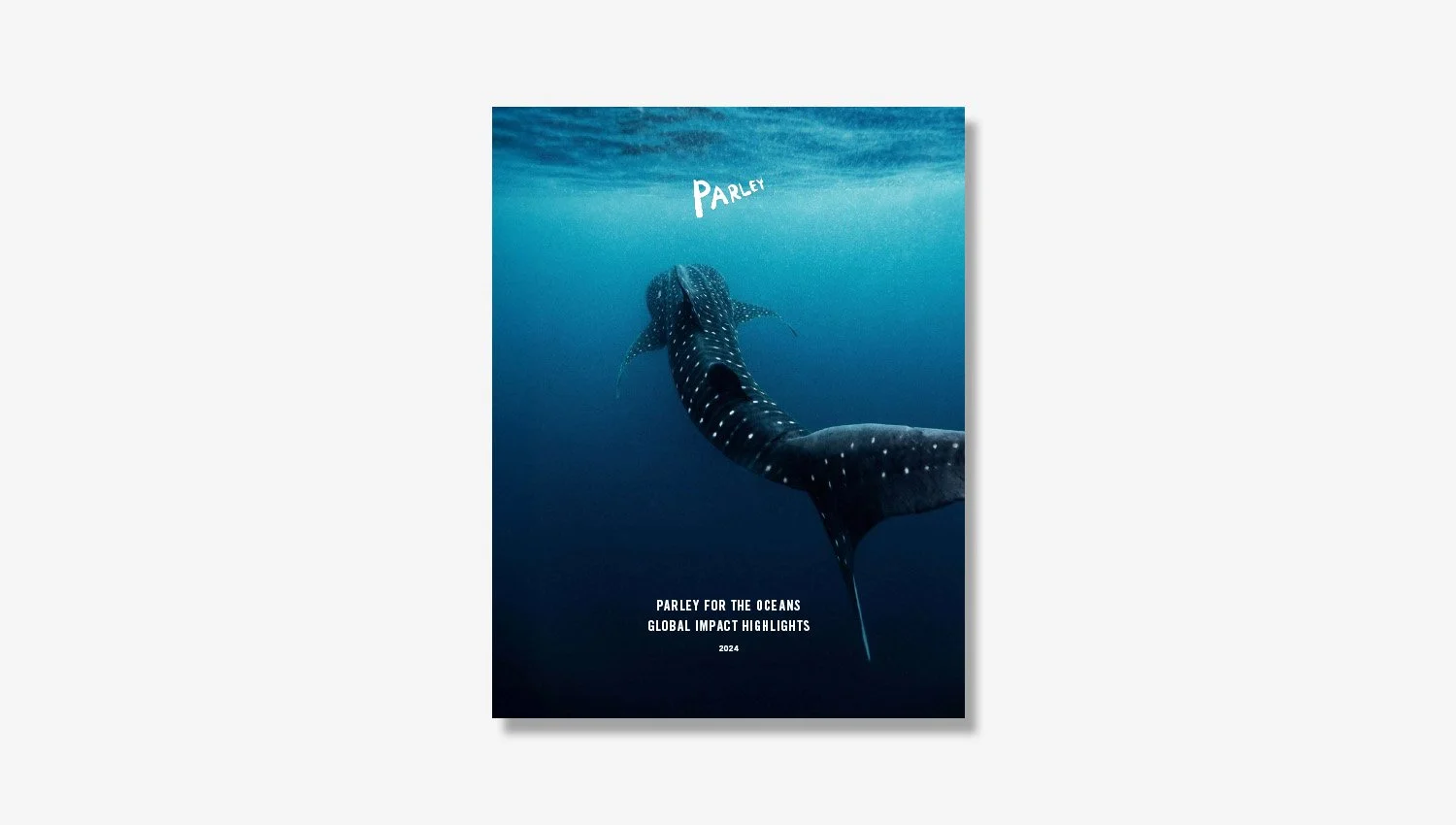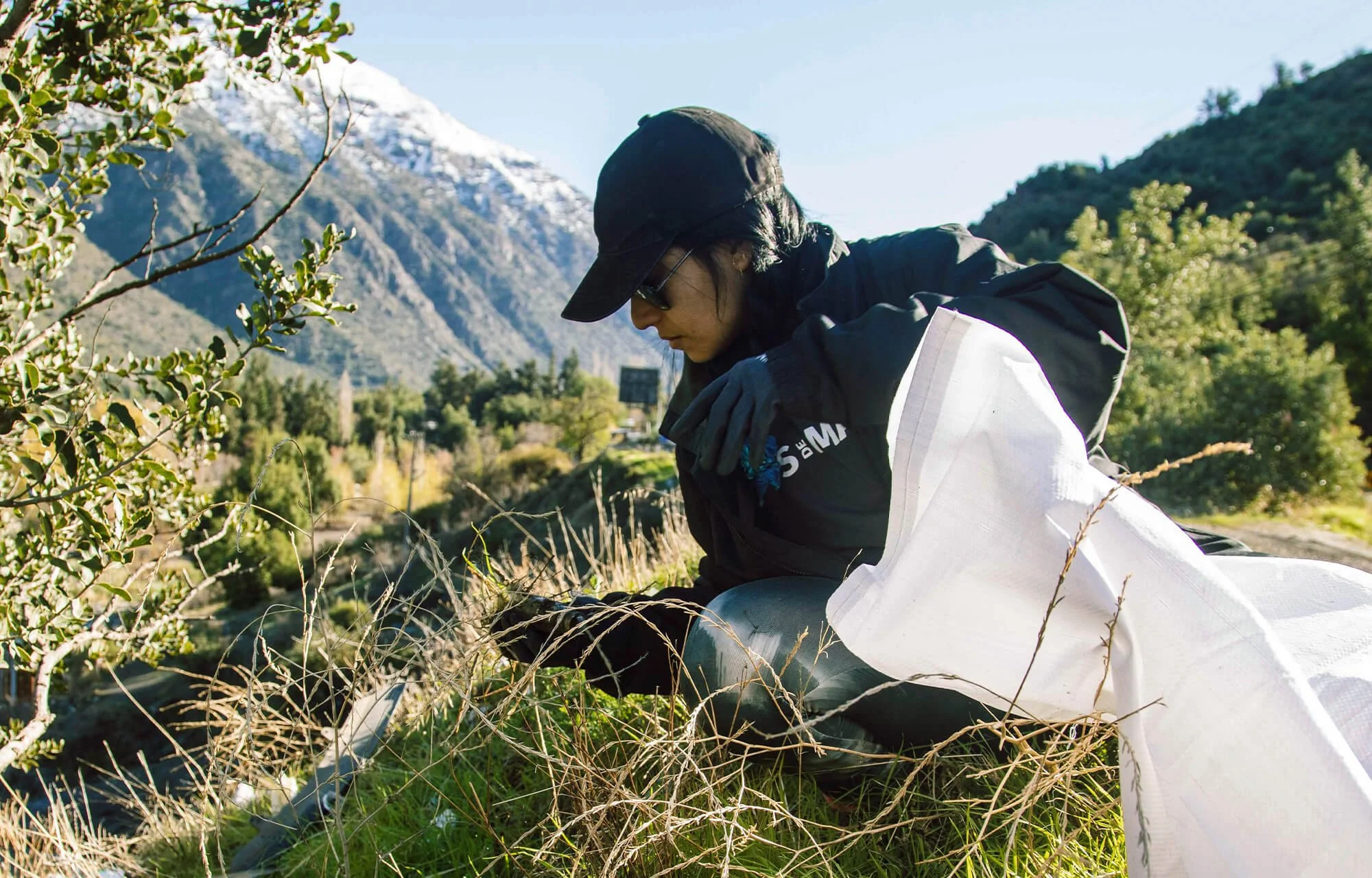River interception: South Africa
We check in with The Litterboom Project, a Parley South Africa initiative to stem the flow of marine plastic pollution from five river systems around Durban
It was a video that shocked even the most experienced plastic pollution activists, who’ve watched similar scenes unfolding around the world. Off the coast of South Africa, thousands upon thousands of PET bottles and other plastic debris churned in the surf after days of heavy rain. The unfathomable amount of plastic waste had come flowing down the Umgeni River before reaching the ocean, with some washing back up along the coastline near Durban.
There to clean up as much as possible were volunteers from The Litterboom Project, a Parley South Africa initiative working to stop the flow of plastic in the river systems and local water sources around the city and beyond. Through the use of physical barriers, community initiatives and education programs, TLP aims to build up and empower local South Africans to take action in their homeland. We caught up team leader Cameron Service to walk us through the story so far.
Q&A with Cameron
How did you first get involved in the cause?
I have been working in green spaces for a number of years. As a mountain bike trail builder I was working in the City of Durban’s green belts, and that’s where I first witnessed the enormous amount of plastic pollution coming down the rivers and accumulating in some of the more rural areas due to a lack of waste management infrastructure.
How did the idea for The Litterboom Project come about?
Myself and local waterman Bart Fokkens were discussing how a floating bridge we made for an event had been super effective in accumulating plastic debris. Having attempted a few informal catchments, Bart recognized that a more comprehensive plan needed to be put together – with full-time teams, removal of the waste and proper data compiled to measure our effectiveness. After securing some local funding to commence a pilot project, which was closely monitored, after a year we realized the impact of just a small team in one area, collecting over 30,000lbs of ocean-bound plastic pollution. We believed we were onto something.
Can you briefly explain your current setup?
Fast forward to early 2020 and through our incredible partnership with Parley, we now have 36 staff dedicated to five of Durban’s most polluted river systems, collecting over 33,000lbs of plastic every month. Each of our sites consists of two to three Litterbooms: sealed, robust pipes that are installed in a series, in order to act as fail-safe mechanisms when we get high rainfalls. These Litterbooms are easy to maintain for teams in the communities and very effective when cleared daily.
What has been your biggest challenge in developing TLP?
There are many challenges that we have faced at various stages in our journey – initially the sad reality of how little investment is going into the environment that we all enjoy, especially from Durbanites, whose lives revolve around the ocean. Another challenge is that there is often a lot of waste that is non-recyclable, such as textiles, polystyrene and certain plastic packaging with no commercial value, making it difficult to divert plastic pollution from our overrun landfill sites.
Weather is sometimes an issue, especially with large storms or heavy rains, since the Litterbooms are designed to break on one side under certain strain, so that we do not lose the entire Litterboom when the rivers rise significantly. Probably the biggest challenge that we face is the amount of plastic pollution that results from the lack of basic waste management infrastructure within the rural areas, where some of these communities consist of over a million people, making it very difficult to deal with such enormous amounts of plastic pollution.
Who, or what, inspires you to take action?
As a project, comprised of surfers, we are all passionate about leaving the ocean in a way that our children and future generations can enjoy. I am also inspired by the people I work with, who, through this project, can support their families, whilst saving the ocean.
What’s been the reaction in the communities where you work?
There has been such an appreciation for the work opportunities provided by the project and we see it in the dedication of the teams to the work they do. Many of our team members did not understand the damage that this pollution had on our environment and now they are ocean activists for the work we are doing.
Any advice for people looking to take action or get involved?
It is hard work and sometimes thankless, but we need everyone and anyone that hopes to leave this ocean in a state for future generations to enjoy, to take note that NOW is the time to act. We truly are at a fork in the road and with the recent global pandemic we are experiencing, never has it been clearer how much our planet needs to be protected and respected. For those who would like to get involved; any set of hands, influencer, funder, government and anyone else, it takes a simple decision to take a stand and channel your energy into making your efforts count towards a final battle for the oceans.
Where do you see TLP going in the future?
We really believe that change needs to happen on multiple fronts; beaches, rivers, communities, industry and government. Whilst we are working hard in South Africa to hold government and industry accountable for the increasing single use plastic production, the former three fronts are where we focus our energy on. Our hope is to develop a sustainable model that can be used throughout South Africa, as well as globally – especially in countries with limited resources and social challenges. Our ultimate goal is to be able to swim in our rivers and use them as they were meant to be used, whilst enjoying clean and thriving oceans.



